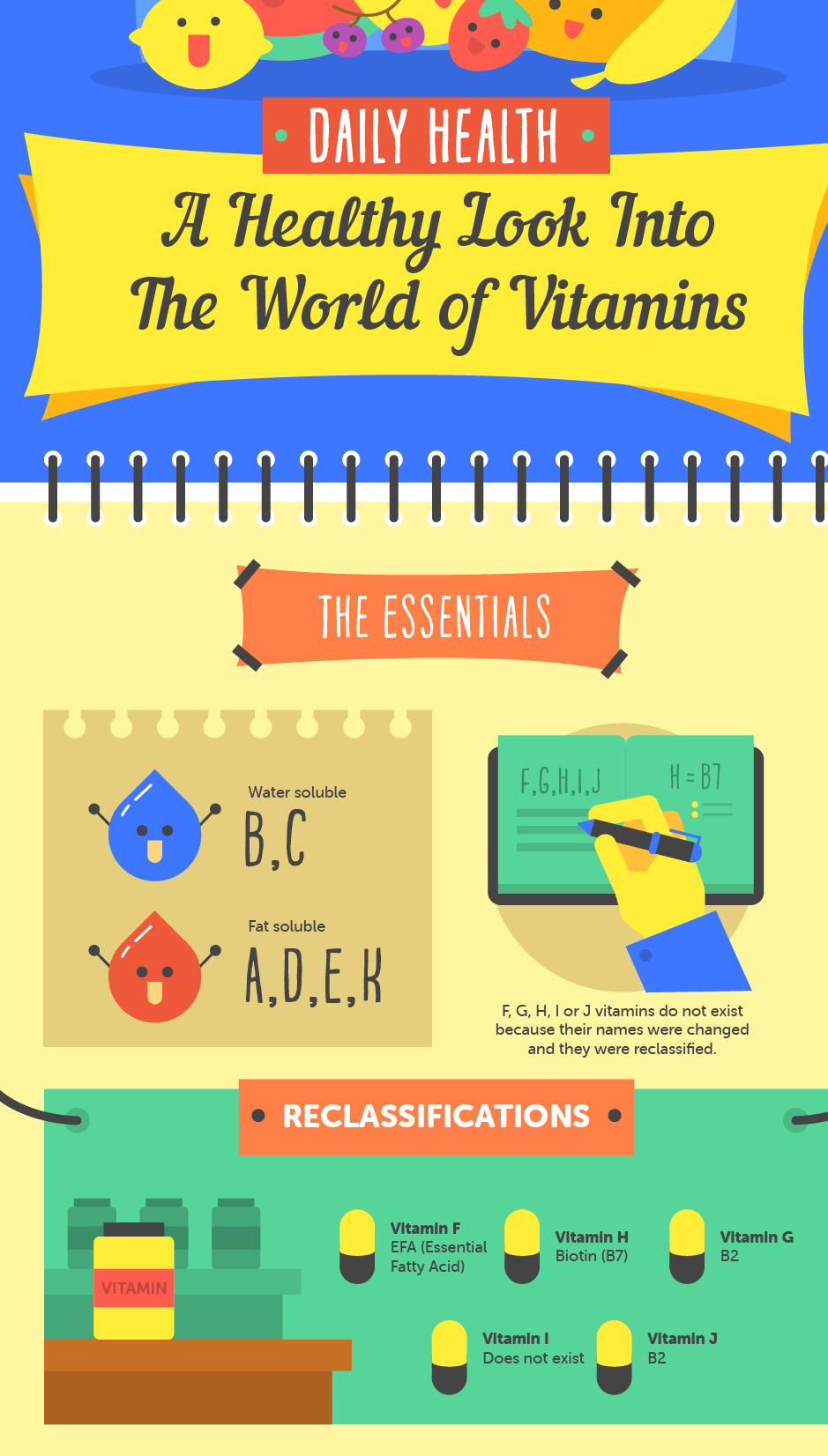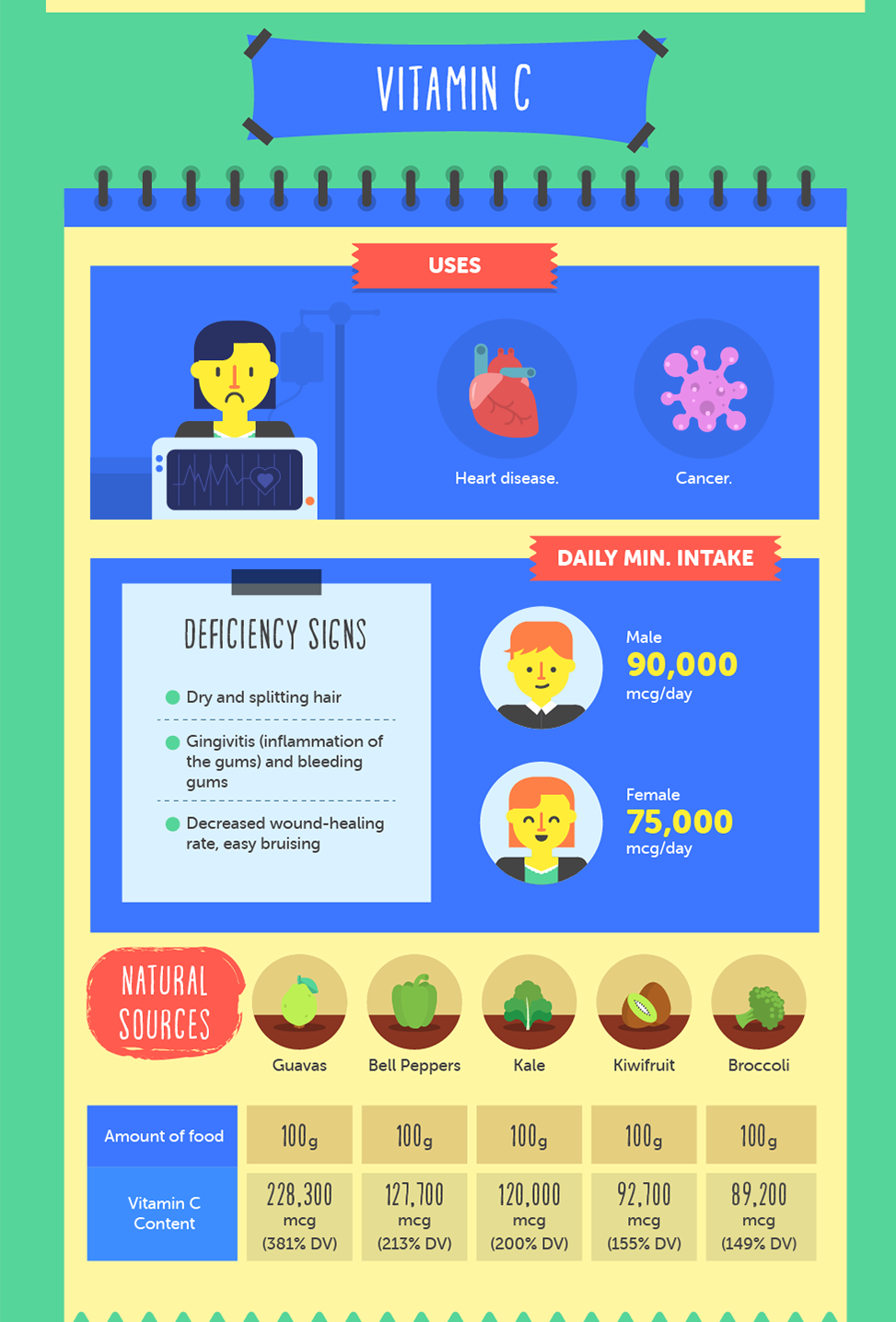Anyone who has diabetes should—at a minimum—take high-quality vitamin and mineral supplements every week. It has been found that taking daily supplements for diabetics reduce the incidence of infection and number of sick days taken by people with type 2 diabetes.
Vitamins are complex chemical substances contained in food. They enable the human body to break down and utilize basic elements of food, proteins, carbohydrates and fats.
Certain vitamins are involved in producing blood cells, hormones, genetic material and chemicals in the nervous system.
Unlike carbohydrates, fats, and proteins, minerals and vitamins do not provide calories. However, they do help the body to use the energy from food.
Vitamins and minerals make people’s bodies act properly.
Minerals are inorganic elements that come from soil and water and are absorbed by the plants or eaten by animals. The body needs larger amounts of some minerals, like calcium, to grow and stay healthy.
For More Great Health Care Tips refer to the Website 16best.net
Must have Vitamins and Minerals for Elderly Diabetics
Diabetics are on a restrictive diet and have a lesser number of the foods to choose from. This is why they generally tend to suffer from the deficiency of essential vitamins and minerals, which are normally required by the human body to stay healthy. Diabetes is associated with weakness, fatigue, lethargy, and body ache.
In such cases, diabetics usually need to supplement their diet with products that can provide them with energy to do their regular chores and improve their stamina without enhancing their blood sugar levels.
Depending on the type of treatment regimen one uses to control one’s diabetes, there are some minerals and vitamins that may be beneficial for your condition.
Biotin
http://Solgar, Biotin, 5000 mcg, 100 Veggie Caps
Biotin works in synergy with insulin in the body, and independently enhances the activity of the enzyme glucokinase. Glucokinase is mainly responsible for the first step of glucose utilization and is, therefore, an essential component of the normal bodily functioning. Glucokinase mainly occurs in the liver, and in the sufferers from diabetes its concentration can be extremely low. Supplements of biotin can have a significant effect on glucose levels for both type 1 and type 2 diabetics.
Carnitine (L-Carnitine, Acetyl L-Carnitine)
http://Carnitine Xtreme – 1000mg | Ultimate L-Carnitine for Performance & Metabolism | 150 Vegetarian Capsules
Carnitine is mainly required by the body in order to correctly utilize body fat in the production of energy. It is naturally occurring and derives from mainly hydrophilic amino acids.
Diabetics who try carnitine respond well, and the high levels of fat in the bloodstream (cholesterol and triglycerides) may fall fast.
Carnitine immensely helps to break down fatty acids in the human body and binds acyl residues. For these reasons, it may be useful to prevent diabetic ketoacidosis.
Chromium
http://Solgar, Chromium Picolinate, 500 mcg, 120 Veggie Caps
Chromium is one of the crucial nutrients in the body’s fight against diabetes. By utilizing either brewer’s yeast stocked with chromium, or chromium chloride, diabetic patients can be able to improve glucose tolerance, lower the fasting glucose levels, and reduce insulin levels and cut cholesterol and triglyceride levels, whilst enhancing HDL-cholesterol levels.
It has been commonly found that supplemental chromium may raise glucose tolerance in patients with both type 1 and type 2 diabetes.
Exercise enhances the concentration of tissue chromium.
Coenzyme Q10
http://Innopure® Co-Enzyme Q10 | Pure Grade & Natural Source of CoQ10 | 90 Capsules, 100mg | Introductory Offer
Coenzyme Q10 is a compound that occurs in the human body, and can be able to help with carbohydrate metabolism.
Clinical trials utilizing coenzyme Q10 suggest that supplementation can significantly lower blood sugar levels. Coenzyme Q10 oxygenates the blood and, therefore, can be able to help in some cases of diabetic retinopathy.
Vitamin C
http://Ultra Vitamin C Tablets
Vitamin C lowers the levels of sorbitol, the sugar that can collect in and damage cells in the eyes, kidneys and nerves.
For More Great Health Care Tips refer to the Website 16best.net
Vitamin D
http://Vitamin D 3 High Strength 5000 IU 365 Tablets Cholecalciferol UK MANUFACTURED Benefits Immune System, Helps Strengthen Bones and Teeth – SMALL 6MM TABLETS not Softgels or Capsules – Good Source of Vit D – Best D3 supplement – 100 % Vegetarian Dairy and Gluten Free
Vitamin D turns on genes that boost the production of antimicrobial peptides called cathelicidins, which destroy viruses, bacteria and other germs. Because men and women with diabetes are more prone to infections due to diabetic ulcers and periodontal disease, making sure the body has optimal levels of this fat-soluble vitamin is important.
Vitamin E
Vitamin E is the human body’s premier fat-soluble antioxidant. It improves glucose control and protects the blood vessels and nerves from free radical damage, which is usually accelerated by the diabetes. It has been found that high doses of supplemental vitamin E may even reverse damage to the nerves caused by diabetes and protect against diabetic cataracts and atherosclerosis.
When taking vitamin E, take the only natural form of it. You can tell it is natural if it is listed as d-alpha-tocopherol or d-alpha-tocopheryl. Synthetic vitamin E is usually listed as dl-alpha-tocopherol or dl-alpha tocopheryl (note the “l”).
Magnesium
http://Swanson Triple Magnesium Complex (400mg, 300 Capsules)
Magnesium is a mineral crucial for the energy production and protein synthesis, DNA production, cellular replication. Magnesium has also been shown to reduce insulin resistance, helping to keep the blood sugar levels in check.
Berberine
http://Only Natural: Berberine 1000, 50 vcaps
Berberine, a plant alkaloid, targets AMP-activated protein kinase (AMPK), which is very basic and ancient regulator of metabolism present in all plants and animals. AMPK stimulates uptake of glucose into cells, improves insulin sensitivity and decreases the production of glucose in the liver, which is in overdrive in diabetic patients.
For more great Health and Nutrition Tips refer to the websitePositivehealthwellness.com
Before adding any vitamins or adding dietary supplements to one’s daily healthy diet, discuss these changes with your doctor to ensure they are safe alongside any prescribed medication you are on.
If you have any information,questions, or feedback you would like to include in this post.
Please email momo19@diabetessupportsite.com or leave your comments below.











